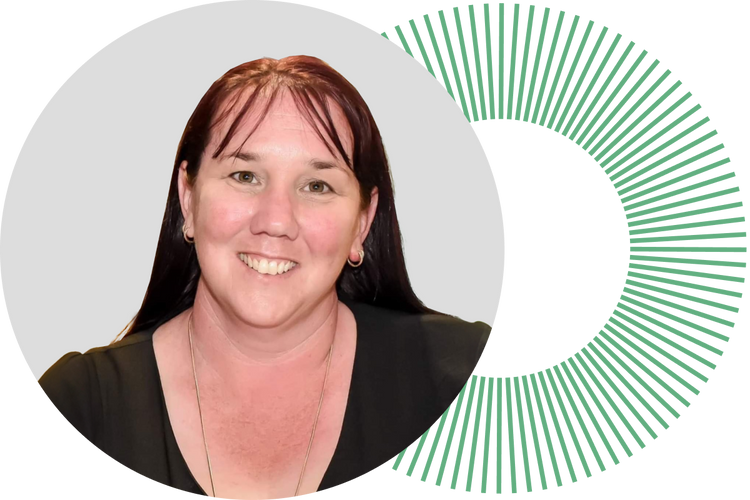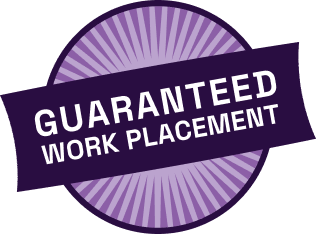Introduction
Course Breakdown
E1423
Industry Overview
Is this course for you?
What you will learn
Learning Material
Your trainer


Academic Information
Open Colleges may make changes to the course from time to time to reflect changes introduced to the relevant Training Package or other regulatory requirements.
Certificate IV in Disability Support
CHCLEG003
Manage legal and ethical compliance
icon
HLTWHS003
Maintain work health and safety
icon
CHCCCS036
Support relationships with carer and family
icon
CHCCCS044
Follow established person-centred behaviour supports
icon
CHCDIS017
Facilitate community participation and social inclusion
icon
Recognition of Prior Learning (RPL)
We understand that you may already have many skills and areas of expertise that you have obtained in different ways and these are recognised through our Recognition of Prior Learning (RPL) process.
Our Credit Transfer & Recognition of Prior Learning Policy, available in the Key Student Information section of our website, provides more information about our RPL process. Alternatively, you can contact an Enrolment Consultant to discuss your RPL options.
Course Duration
Entry Requirements
Work Placement

What are the benefits?
How do I find a work placement?
How does Guaranteed Work Placement work?
Host organisation
Immunisations
Supervisor requirements
Full course breakdown
Studying online with Open Colleges
Flexibility - study at your own pace
When you study online with Open Colleges you’re in control.
You can choose to complete your course quickly, or keep to a steady pace. Learning is fully flexible so you can fit your everyday commitments around your studies.
Everything you need to study is online so you can study wherever you like – but that doesn’t mean you’re on your own.
OpenSpace is our online learning platform. It’s where you’ll go to access your learning materials, contact your expert trainers and assessors and upload your assessments.
What is OpenSpace?
It’s important to us that we deliver a superior, online learning platform that meets our students’ needs. That’s why we have upgraded to our brand new, custom-designed learning platform, OpenSpace.
OpenSpace provides you with a user-friendly interface, that is mobile responsive. This means that you can complete your coursework using your laptop, iPad, or mobile device. All coursework is automatically saved, providing you with the flexibility you need to complete your studies anywhere, anytime.
How to get support?
Learning Support
The learning support team will be with you every step of the way, from enrolment to graduation. They’re here to help you get the most out of your online course. They can assist by providing non-academic support - like helping you craft an achievable study plan so that you can graduate in a realistic timeframe. If you’re finding it tough to stay motivated throughout your course, they’ll be there to help keep you on track.
Student support
The Student Support team is your one-stop service centre for all student administrative issues – including enrolment, change of contact details, OpenSpace support, assessment results and certification.
You can access the Student Support team by email or phone
How would you like to pay for your course?
Speak with an advisor to discuss other payment options. Call 1300 624 048.

Melissa Cockburn
Melissa has been a trainer and assessor for 15 months, delivering both online and face-to-face training.

Paris Wilson
Since 2019, Paris has been training and assessing with the goal of igniting the passion for quality active support in the future generation of support workers. Paris holds a Certificate IV in Disability, a Diploma of Business, and a Diploma of Leadership and Management.

